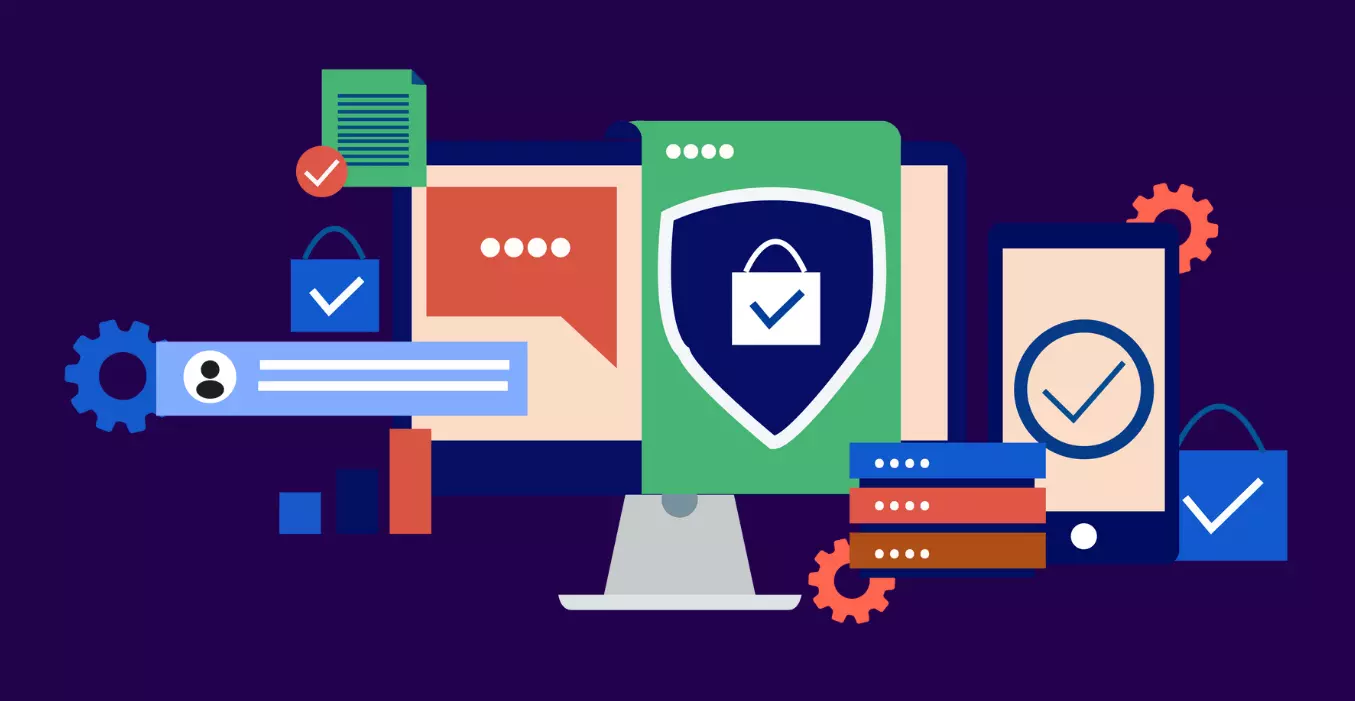Child Internet Safety Tips

Kenya boasts one of the highest rates of internet penetration in Africa and the world at large. As a reader of this article, you are among the many who have embraced the internet in the country. Approximately 89% of Kenya's population can access the internet through mobile networks, fiber optics, or satellites. The internet is an extensive library of billions of web pages, images, and videos that cover almost any topic you can imagine. However, a few decades ago, only a select few people and organizations had access to the internet. As a result, many adults have not interacted with online content as much as their children, which raises concerns about whether children should be allowed to use the internet and under whose supervision.
The Communication Authority of Kenya (CAK), which regulates the country's telecommunications and media, has identified commercial and fan sites, entertainment sites, communication or chat sites, visually appealing sites, and games and interactive sites as the main types of content visited by children.
The availability of the internet offers children access to a plethora of information and educational content that was not easily obtainable in the pre-internet era. This information ranges from academic materials such as notes and curricula, to topics like the environment, wildlife, and society. Additionally, the internet provides a vast amount of entertainment videos and cartoons which can contribute to a child's overall awareness and growth. However, the internet also has a darker side, as it contains various types of content such as adult content, gambling, music, movies, and games, that can pose dangers to children if they are exposed to them without proper supervision. Social media platforms such as Facebook, Twitter, Instagram, Snapchat, and TikTok have become very popular among teenagers and young adults, but these platforms can expose children to strangers and unknown dangers if they are not monitored properly.
Dangers of the Internet for Children
Kaspersky, a Russian cybersecurity company, has identified a variety of online dangers that children may face. These include the following:
-
Cyberbullying: This refers to the use of electronic communication, such as social media posts and messages, emails, and SMSs, to intimidate, threaten, or otherwise bully someone. Globally, about 11.5% of children have been victims of cyberbullying, though many are hesitant to admit it.
-
Online predators: Social media and game chat rooms provide a shared online space for children and adults. Unfortunately, some adults may use this space to prey on children for sexual exploitation or other nefarious activities, even going so far as to try to lure them away or kidnap them.
-
Exposure to inappropriate content: This encompasses sexually explicit, violent, or graphic content, as well as age-inappropriate material and pirated downloads of music and videos.
Internet Safety Tips for Children
While some websites contain legitimate content, others can be harmful. To protect yourself and your children from harmful websites, the following internet safety tips are recommended:
-
Check website URLs: Safe websites should have URLs that begin with http or https. Google recommends trusting websites with https over those with just http. Google Chrome notifies users when a site is not safe or secure, and it's important to take such notifications seriously and educate your children to avoid untrusted websites.
-
Use security software tools: Ensure that all devices you and your children use are up-to-date and have the necessary security tools installed and updated, including antivirus and anti-malware tools available for both mobile phones and computers.
-
Monitor your child's internet usage: There are various ways to monitor how your child is using the internet, such as only allowing internet-enabled devices to be used in common areas, going through browser history, and knowing your child's passwords to keep an eye on their interactions online and what materials they have stored on their devices.
-
Install parental control software: Activating parental control software on the devices that children use can help manage the time they spend online and control the content they can access.
-
Teach your children about cyberbullying and online predators: It's important to teach your children how to handle cyberbullying and online predators, and to encourage them to open up about such interactions to parents, teachers, or other authorities, including the police.
